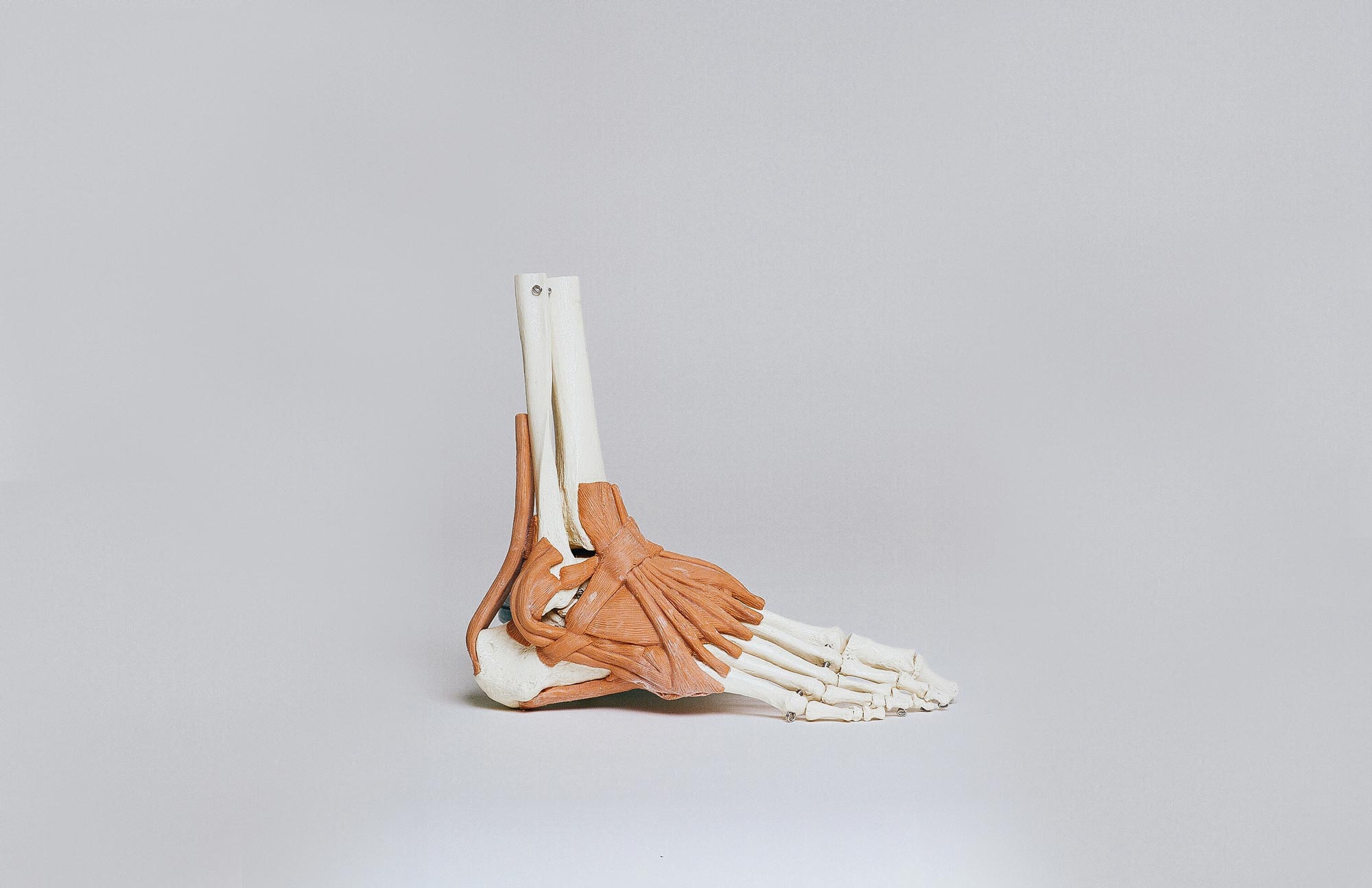What is Metatarsalgia?
The term metatarsalgia refers to pain felt in the ball of the foot. The metatarsal bones in our feet are crucial to help support our weight and assist us when we walk and stand. A person suffering from metatarsalgia will experience severe pain that may disrupt their ability to perform daily activities. Some may feel pain in one or two toes, while others may feel pain throughout their feet.
What Causes Metatarsalgia?
Several factors can cause Metatarsalgia. It is most often caused by additional stress applied to the front of the foot.
A number of the following can cause Metatarsalgia:
- Being overweight
- Wearing high heeled shoes
- Frequently running with improper footwear that places pressure on the feet
- Having an abnormal foot shape (unusually high arches or long second metatarsal bone)
- Claw or hammertoes that force your metatarsals towards the ground
- Bunions or arthritis that has weakened the big toe
Symptoms of Metatarsalgia
The main symptom of metatarsalgia is a pain in the ball of your foot that may become more apparent when walking or putting pressure on your toes.
You may also experience severe discomfort when wearing shoes and socks. Pain may increase when engaging in activities that cause an impact on the foot, such as sports.
Treatment Options
To properly treat your metatarsalgia, you need to examine the possible causes.
Improper Footwear
If your pain is a result of wearing improper footwear, it may be time to look at the type of shoes you wear. Your shoes may be placing pressure exclusively on the toes and balls of your feet.
If this is the case, try to find shoes that work to distribute your weight and pressure evenly across your entire foot.
You may also be able to purchase inserts such as metatarsal inserts and pads to relieve any pressure on the metatarsals. For those with arch problems, foot arch orthotics may also be an excellent choice to prevent their arches from collapsing.
Overuse
For some, repeatedly engaging in high impact sports can result in metatarsalgia. In cases like this, rest is the best option to protect the foot from experiencing further stress. Your doctor may recommend that you avoid putting weight on your foot excessively, or for 24 hours.
Try to elevate the foot after periods of extended standing or walking. Replace high impact sports with low impact activities such as swimming.
Icing the area can assist in bringing down swelling and discomfort. Limit periods of icing to 20 minutes throughout the day and be sure to protect your skin by applying ice packs wrapped in a towel.
Taking over the counter medication like Tylenol or Aspirin can help to relieve pain and inflammation as well.
Surgical Intervention
Although uncommon, more severe cases of metatarsalgia may require a surgical realignment of the metatarsal bones to provide relief.
Contact our Canyon Oaks Office
If you’ve been experiencing pain from metatarsalgia, please don’t hesitate to contact our Canyon Oaks office. Fill out the form below, and a member of our staff will contact you within one business day.

